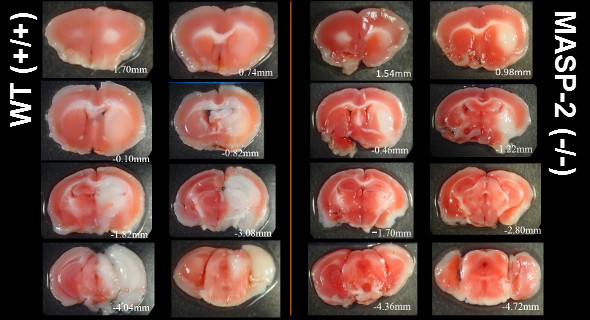The role of complement in health and disease
For over 30 years, I have been fortunate enough to deliver key contributions towards our understanding of the organization and molecular composition of the innate immune response. My research activities comprise molecular biology, gene regulation, protein biosynthesis, structural biology, structure/function relations, measurements of functional activities, systems cross-talk, establishment of gene-targeted and transgenic mouse lines and their phenotypic characterisation in experimental models of disease. One of my key achievements over the recent years was my part in the discovery of a novel activation pathway of complement, now known as the lectin pathway. My work has led to the discovery of pathophysiological processes driven and maintained by dysregulation of this specific activation pathway linked to a plethora of chronic inflammatory human and animal diseases. This work was made possible through major funding support from both the MRC and the WELLCOME TRUST at programme grant level.
My collaborations with an industrial partner, OMEROS Corporation, Seattle, USA has lead to the development of novel therapeutic approaches for the treatment of severe inflammatory pathologies caused by uncontrolled activation of the humoral innate immune response. I feel privileged to see that parts of my work have led to the production of novel tools and therapeutic concepts which have shown high therapeutic efficacy with an excellent safety profile in on-going clinical trails. My present work programmes are part of an international network of collaborations with academic institutions all over the world aiming to understand the contributions of complement activation in various disease processes.


